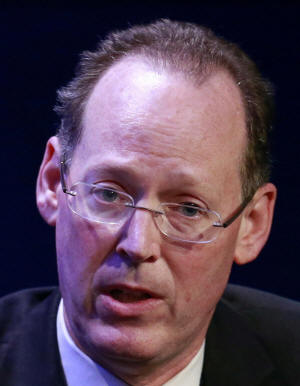|
Farmer founded Partners in Health in Haiti in 1987 and served as
chief strategist to the group, which has provided millions of
outpatient visits, women's health checkups and home visits in 12
countries, according to its website.
Former U.S. President Bill Clinton in a statement praised
Farmer's "pioneering work" that "fundamentally changed the way
health care is delivered in the most impoverished places on
Earth."
In 1983, while a student, Farmer became committed to Haiti after
working with dispossessed farmers, according to his biography
from Harvard University, where he earned his medical degree and
a PhD in anthropology.
After a year in rural Haiti, Farmer said he had "no doubt that
serving as a doctor in a clinical desert would save lives."
"We were watching young people die of AIDS but also eminently
treatable diseases such as tuberculosis," he said upon receiving
the 2018 Public Welfare Medal from the National Academy of
Sciences.
Farmer was also chair of Global Health and Social Medicine at
Harvard Medical School and chief of the Division of Global
Health Equity at Brigham and Women's Hospital in Boston.
Samantha Power, administrator of the U.S. Agency for
International Development, called him a "giant" and said his
death was "devastating news."
"Paul Farmer gave everything - everything - to others," Power
said on Twitter.
(Reporting by Daniel Trotta; Editing by Richard Chang)
[© 2022 Thomson Reuters. All rights
reserved.]
This material may not be published,
broadcast, rewritten or redistributed.
Thompson Reuters is solely responsible for this content.

|
|




